If you’re a fan of pen & paper or computer RPGs, there’s a good chance you’ve read Scott Bennie’s writing. His extensive work has covered the likes of Forgotten Realms, Dragonlance, Fallout, Star Trek, Marvel Superheroes, World of Warcraft, and The Lord of the Rings – as well as many more. I had a chance to talk to Scott about the early days of his career and some memories of his time at Interplay Productions.

Introducing Mr. Scott Bennie.
How did you get into games – was it always on computer, or did you get into pen and paper first?
Scott: Pen an paper. In an editorial back in 1981, someone suggested that they publish a bounty hunter NPC class. The editor suggested the readers send in their class designs. I rose to the challenge, submitted mine, and lo and behold, it was published in Dragon #52 – the one with the Boris Vallejo cover.
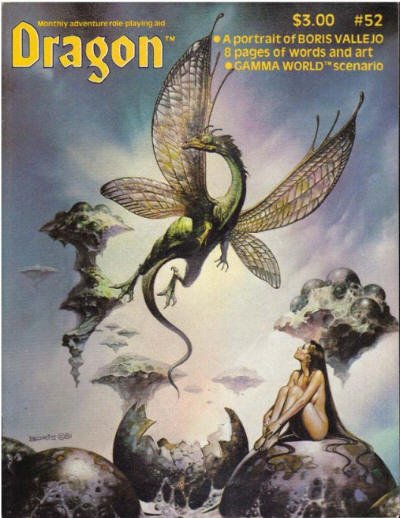
Wow, it must have been awesome to be in the same stable as some Vallejo work?
Scott: It was certainly awesome to claim you had a Boris cover! (Even if it really wasn't an illustration of my stuff. :)) I kept writing for Dragon, but I wasn't good enough to make consistent sale for about three more years. But I kept at it, and Bruce Heard eventually commissioned anthology pieces and finally full modules from me.
At the time, I worked on Dungeons & Dragons, Champions, Runequest, Call of Cthulhu, and Traveller, and I joined several gaming APAs, amateur press compilations, which further honed my writing, exposed me to more games and design philosophies, and allowed me to make more contacts in the game industry.
And the Bounty Hunter was reprinted in Best of Dragon, but that's as far as he got.
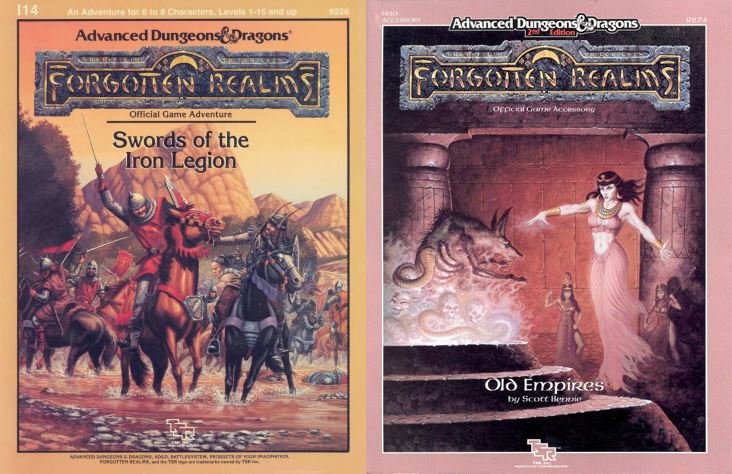
Scott authored a number of classic D&D adventures, including for the epic Forgotten Realms campaign setting. Above images sourced from http://forgottenrealms.wikia.com.
Still a nice confidence booster – that must have been amazing! Please tell me a little bit about your early journey from becoming interested in RPG writing, to actually doing it full-time in computer games for Interplay.
Scott: One of the people I made friends with was Aaron Allston, best known as a writer of Star Wars novels. Aaron united me into his Champions APA. Brian Fargo was interested in bringing Aaron in as a designer, but Aaron didn't want to leave freelancing, so he recommended me in his place. And so Brian hired me.
Was this to work on J.R.R. Tolkien's The Lord of the Rings, Vol. I?
Scott: Yes. We were on an insane deadline: finish it by the end of 1990 or lose the license. This wasn't a baptism by fire, it was a baptism of plasma.
A lot of the rough design was done by Jennell Jaquays, though it needed a lot of work that could only be done in house. And Troy Miles, the programmer, contributed heavily to the design of early maps, so we did have some good blueprints to develop it. Troy took on an insane workload.
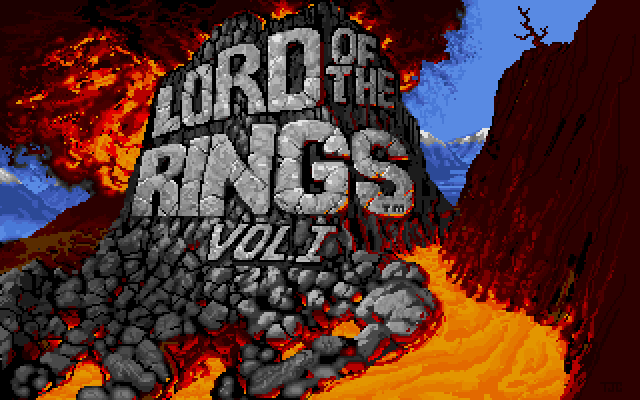
Very few people can say they’ve written an official Lord of the Rings computer game.
I would love to hear more about that game - I played it quite a bit when I was young (I only got it in about 1993) and didn't get very far... It was difficult for 13-year-old me!
Scott: Sorry you didn't get duly into the game. Adventure design is really tricky.
Look, truth be told I was a 13-year-old punk who pirated it from a friend, hadn't read the book yet (only read The Hobbit by that time) and with no manual etc, I went in blind. My own fault! You say "adventure design is really tricky" – can you expand on that, please?
Scott: Puzzle design is tricky – you don't want to make it so easy that players get no challenge; but too difficult or obscure, and you stop the player for good and he loses interest in the game.
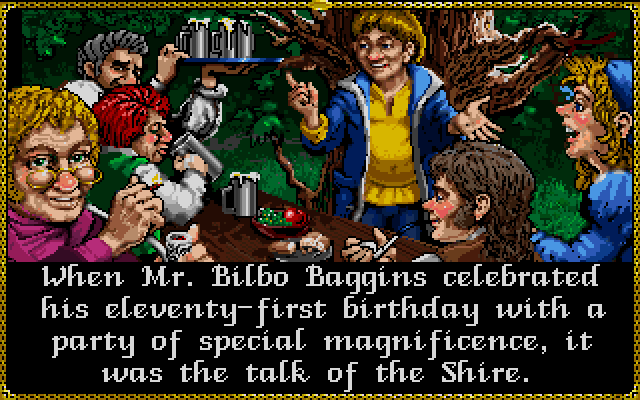
The LOTR game engine has been reverse-engineered for play on modern systems – check it out at http://www.wonderland.cz/lotr/.
How closely did you work with the Tolkien estate to get approvals of stuff you were doing, as there was of course some diversions from the source material?
Scott: They were fairly easy to get along with, from my perspective. I did want to use the Tolkien recording of the Professor reading the Ring poem, but the estate said no.
A pity. That would have been awesome. So, is there a single career highlight that you are most proud of?
Scott: The Star Trek series was where I thought I clicked as a designer. LOTR was huge as my first work, and Castles was a huge seller, but Star Trek: The 25th Anniversary was the first work I was truly happy with. And beyond that, there was Starfleet Command and Fallout; two classic titles I was proud to be associated with.
Oh man, Fallout. What a game.
Scott: I didn't have that much to do with Fallout. A few maps, some bits of the Hub, and some system messages. And the Mysterious Stranger Perk. And I named Dogmeat – if anything endures of my writing career, it will be the name of that dog.
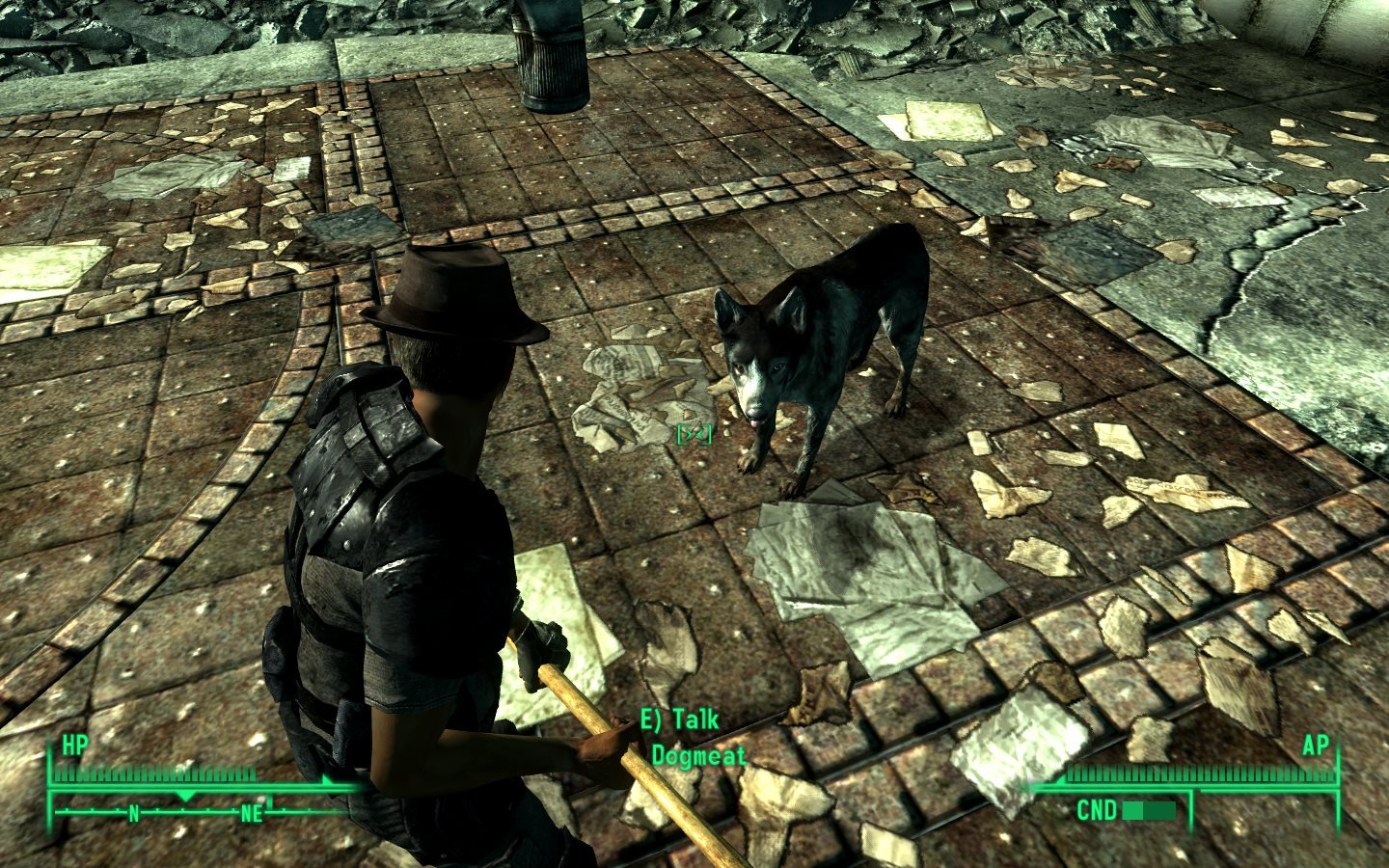 If you’ve played Fallout, then you know this little guy...
If you’ve played Fallout, then you know this little guy...
Haha. OK – so… Star Trek: 25th Anniversary. Before working on the game, were you a full-on Trekkie, or just a casual fan who liked sci fi etc?
Scott: I've been a Trekkie since the early 70s. I took to the Trek license like a duck to water. [Note: Scott was kind enough to answer some specific questions on Interplay’s Star Trek games, which I will be publishing in another interview where I spoke to Scott along with Brian Fargo.]
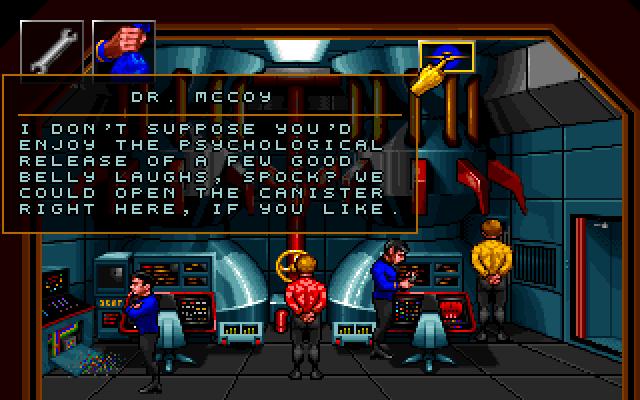
Star Trek: The 25th Anniversary… now 25 years old itself!
Do you still play many games – if so what?
Scott: A few strats, a few MMOs like World of Warcraft... Some RPGs like Torment: Tides of Numenera. I haven't finished it, but I like what I’ve seen. And I loved Planescape: Torment. Greatest RPG of all time.
I have to agree with you there. Some of the best writing (possibly the best?) in an RPG, would you say?
Scott: Easily. Chris Avellone is the best. I think we've got some tremendous talent in the business. I wish we were doing more with it than just creating shooters.
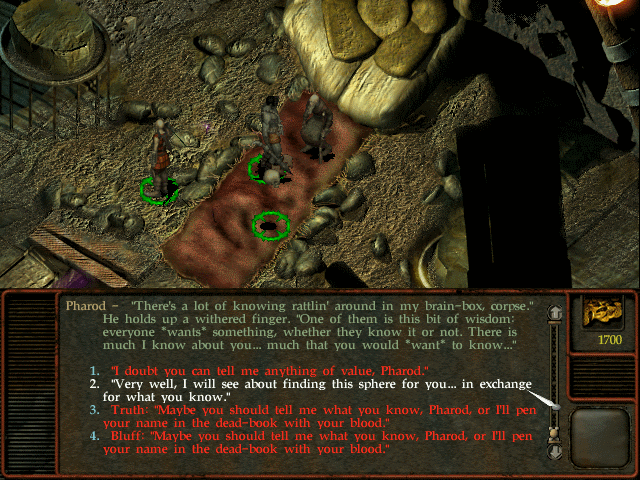
High praise for Chris Avellone, and for good reason. If you’re a fan of narrative-driven games and have yet to play Planescape: Torment, go pick up the Enhanced Edition. You won’t regret it.
What do you think of the way game narrative has changed in the last couple decades. Are there some standouts for you?
Scott: There's a bit too much sameness in theme for me. I don't see the Secret of Monkey Islands or the Full Throttles in today's market. But the games that are out, like Last of Us, are excellent in writing and design.
Yep, Last of Us really has amazing writing – probably my favourite game of the last decade. Finally, do you have any advice for those who may be dreaming of a career in RPG writing?
Scott: Read broadly. Not just games, not just geek culture. Study history, read biographies, study the great plays of the mid-20th century. Look for genres that are not currently in favor and look for why they worked in their time. Get hired by a company in any capacity, and work your way up.
Awesome. Scott, thank you very much for your time. It's been a blast talking to you. And thanks a lot for the classic games... you've worked on some of my all-time favourites.
Scott: Awesome. Thanks!
Scott Bennie is still active in writing, albeit mostly as a freelancer. You can see some examples of his work by looking up Testament by Green Ronin, Gestalt, Champions of the North, Villainy Amok and VIPER: Coils of the Serpent for Champions. I’d recommend looking through Scott’s extensive credits on his RPGGeek profile for a real taste of his prolific RPG writing career. Scott also has a fantasy novel, The Last Orc, at a small press publisher.
Previous:
Interesting People #16: Louis Castle on over 30 years of making videogames
Next:
Interesting People #18: Alex Sterk, Community Manager on Ubiq
